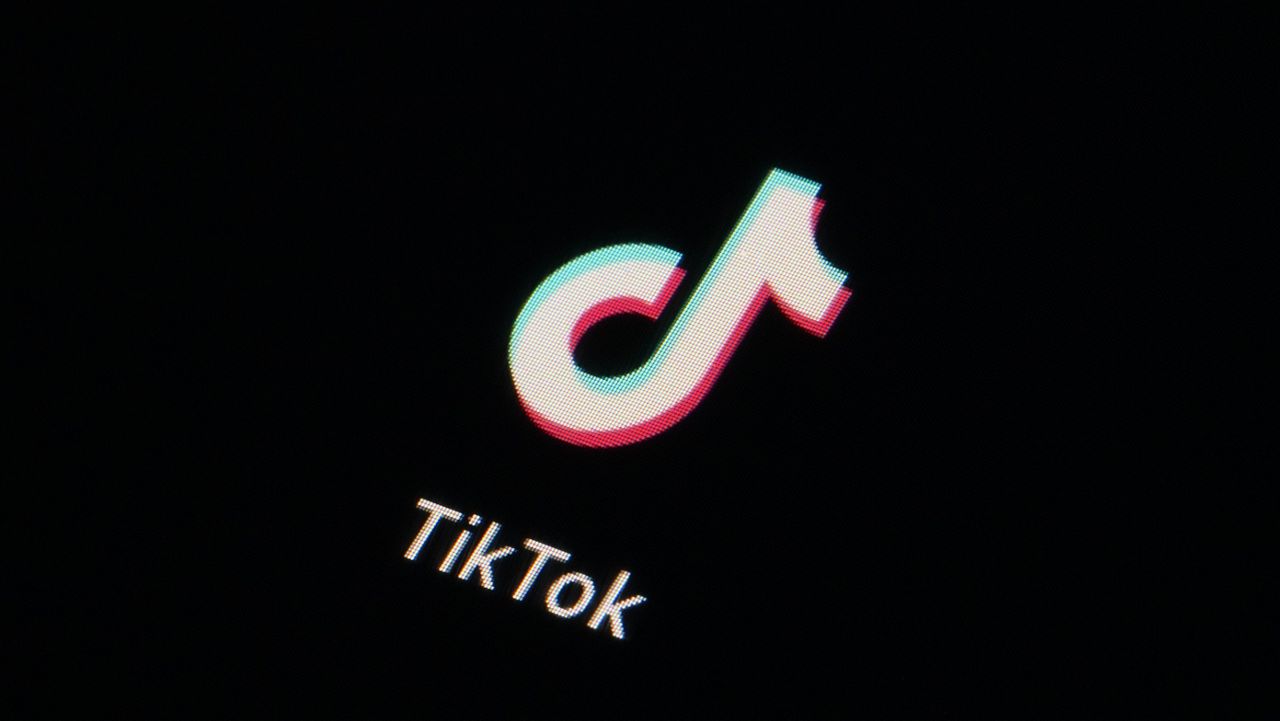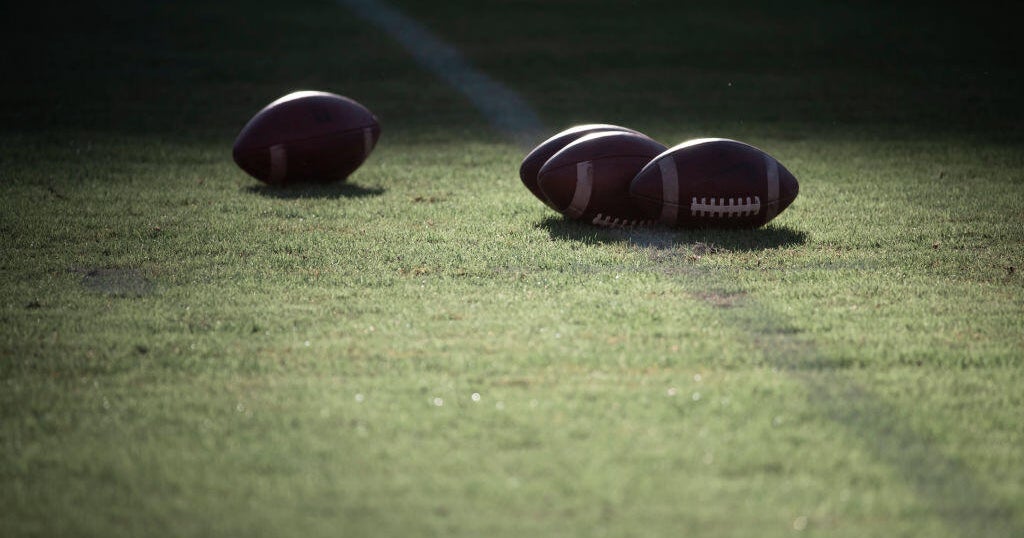A federal appeals court panel on Friday upheld a law that could lead to a ban on TikTok in a few short months, handing a resounding defeat to the popular social media platform as it fights for its survival in the U.S.
What You Need To Know
- A federal appeals court panel on Friday upheld a law that could lead to a ban on TikTok in a few short months, handing a resounding defeat to the popular social media platform as it fights for its survival in the U.S.
- The U.S. Court of Appeals for the District of Columbia Circuit ruled that the law — which requires TikTok to break ties with its China-based parent company ByteDance or be banned by mid-January — is constitutional, rebuffing TikTok’s challenge that the statute ran afoul of the First Amendment and unfairly targeted the platform
- TikTok and ByteDance — another plaintiff in the lawsuit — are expected to appeal to the Supreme Court
The U.S. Court of Appeals for the District of Columbia Circuit ruled that the law, which requires TikTok to break ties with its China-based parent company ByteDance or be banned by mid-January, is constitutional, rebuffing TikTok’s challenge that the statute ran afoul of the First Amendment and unfairly targeted the platform.
“The First Amendment exists to protect free speech in the United States,” said the court’s opinion. “Here the Government acted solely to protect that freedom from a foreign adversary nation and to limit that adversary’s ability to gather data on people in the United States.”
TikTok and ByteDance — another plaintiff in the lawsuit — are expected to appeal to the Supreme Court. Meanwhile, President-elect Donald Trump, who tried to ban TikTok during his first term and whose Justice Department would have to enforce the law, said during the presidential campaign that he is now against a TikTok ban and would work to “save” the social media platform.
The law, signed by President Joe Biden in April, culminated a years-long saga in Washington over the short-form video-sharing app, which the government sees as a national security threat due to its connections to China.
The U.S. has said it’s concerned about TikTok collecting vast swaths of user data, including sensitive information on viewing habits, that could fall into the hands of the Chinese government through coercion. Officials have also warned the proprietary algorithm that fuels what users see on the app is vulnerable to manipulation by Chinese authorities, who can use it to shape content on the platform in a way that’s difficult to detect.
However, a significant portion of the government’s information in the case has been redacted and hidden from the public as well as the two companies.
TikTok, which sued the government over the law in May, has long denied it could be used by Beijing to spy on or manipulate Americans. Its attorneys have accurately pointed out that the U.S. hasn’t provided evidence to show that the company handed over user data to the Chinese government, or manipulated content for Beijing’s benefit in the U.S. They have also argued the law is predicated on future risks, which the Department of Justice has emphasized pointing in part to unspecified action it claims the two companies have taken in the past due to demands from the Chinese government.
Friday’s ruling came after the appeals court panel heard oral arguments in September.
If TikTok appeals and the courts continue to uphold the law, it would fall on Trump’s Justice Department to enforce it and punish any potential violations with fines. The penalties would apply to app stores that would be prohibited from offering TikTok, and internet hosting services that would be barred from supporting it.


